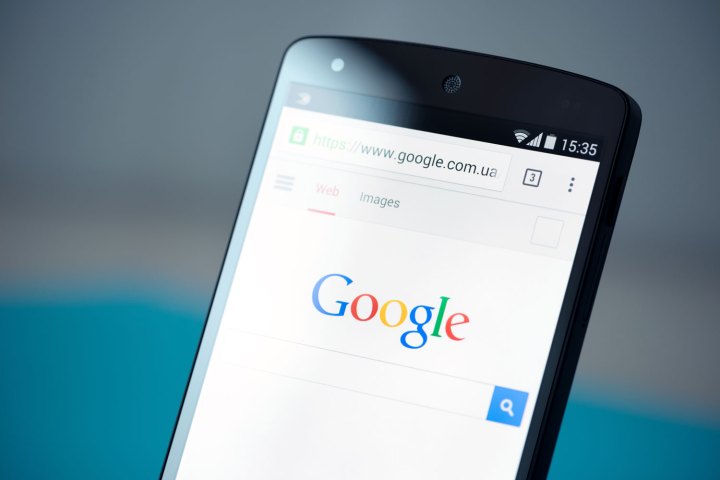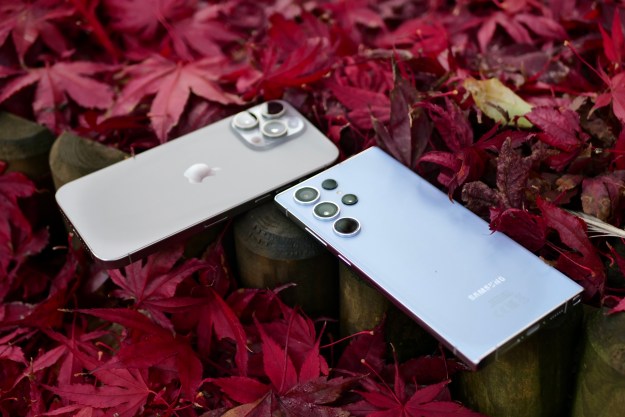
The method is being tested now by Google, and represents a pretty big change in how machine-learning systems work on Android. Right now, user data is sent to the cloud on a case-by-case basis, while federated learning would essentially download machine-learning models to the device, modify the model locally, then send a summary of the changes to Google’s servers. The main difference here is where data is mainly stored.
The new method is being tested on Gboard, Google’s popular keyboard. Data stored on the device will include things like the timing and context of suggestions, according to Google. After that data is stored on the device, it is processed on the phone and will begin building an update for the machine-learning model, which will later be sent to Google’s servers.
There are some issues associated with the new system. For example, Google notes that higher latency and slower connections, as well as an uneven distribution of data, can all affect how well the system works. In order to better manage these issues, Google will use what it calls “federated averaging algorithms,” which help reduce the upload time of updates, as well as how much energy the phone uses. These algorithms basically compress data into smaller packages before it’s uploaded. Uploads will only take place when a phone is idle, charging, and connected to Wi-Fi.
There are some big advantages to federated learning. For example, Google notes that the method should help improve privacy. That’s because Google won’t have access to the processed data, but rather only the small update packages sent to Google’s server. Not only that, but users will experience improvements in machine-learning models immediately, rather than having to wait for Google to launch an update.
Editors' Recommendations
- The Google Pixel 8a is official. Here’s everything that’s new
- A new Google Pixel Tablet is coming, but it’s not what you think
- Android 15 release date: When will my phone get the update?
- Google just released the first Android 15 beta. Here’s what’s new
- Android phones finally have their own version of AirTags

